
9 minute read
Tackling the big beast forgiveness
Tackling the big beast
forgiveness
BY SARAH TOLMIE
Today in my relationship coaching practice I had a step-father and his adolescent son working on reconciling their relationship. It has been a happy family life, mostly, but they have also had some difficult history together, especially as they have traversed the teenage years compounded by other extenuating factors of stress. Father and son are now both over 6ft tall. It is, however, only physically that they see ‘eye to eye’.
Our session’s goal was to begin reconciliation. To restore the relationship for re-entry into the family after a period of separated living; to redefine ‘boundaries’ and reset some new relationship agreements, however before the recreating work can be done, healing work needs to happen.
Hard feelings and difficult emotions need to be moved on and released. Each party needs to recognise they are an equal and contributing force in the ‘relationship field’ and their desire to be together and create a positive future must be greater than their desire to maintain those hard feelings and live in the past. You can’t do both – you can’t hold onto the rage and want things to change – it’s like two feet on different boats.
To achieve this, whether it is lovers and spouses, or fathers and sons, requires profound, meaningful and skilled work. It involves high-level relationship skills, which once learnt, can propel you on the path to right and happy relationships – with yourself – and with everyone and anyone. This is the work of empathy, taking responsibility and forgiveness, but of them all, the hardest for many seems to be forgiveness.
Forgiveness is a big beast to slay. In fact, it could be a dying art form. It seems people are so ready and fast to walk away from relationship at the first clash or transgression (particularly online where you can simply block, delete and even troll) but we can’t so easily do that to our lovers and family.
In any intimate relationship, at some point you will find yourself in an unforgiveness/forgiveness dynamic. That’s just how life and love goes.
When was the last time you witnessed or participated in a process of forgiveness? Often it can play out as a one-sided business where we are either giving it or withholding our forgiveness of others. How often do we find ourselves asking for forgiveness? How often are we willing to admit to being in the wrong? How willing are we to see our part in the experiences we have? We create a powerful energetic bonding when we engage in blame, resentment, right vs wrong, victim vs perpetrator or good vs bad judgements. It is a very intimate partnership we create with someone when we need to either forgive or be forgiven. A tight emotional fusion takes place, energetically shackling you to each other. This emotional shackle can remain alive despite years, distance and even beyond the grave.
Inevitably in my client sessions we will work with forgiveness as a key milestone in a healing and transformation journey. This is always really, really hard. Sometimes it is an herculean task! Part of the massive challenge of forgiveness is that it is often based on a false understanding of what forgiveness is about. It is not a pardoning, or a condoning of another’s actions, but rather a release from that energetic, emotional bond to the person/situation. This bond is usually defined by some very uncomfortable and toxic emotions which will not leave you until they are given permission to leave. No doubt about it, forgiveness is a complex experience. It is many things. Forgiveness is a decision. Forgiveness is state of being. Forgiveness is allowing, a willingness to release the emotions that shackle you to another. Forgiveness it is not a switch you flick, but a practice. It is an energetic process. It involves giving and receiving, including to yourself. Forgiveness is not a rational, mental, intellectual feat; it is a spiritual endeavour. Sometimes, it may feel so beyond our capacity, we need to reach a higher place of being, or hand it over to the divine.
Sometimes, the best way to appreciate the power and transcendent grace of forgiveness is to be on the other side of the equation, in the humbling position of asking to be forgiven. We are all human. We all make mistakes. We are all learning. We are all trying to be better. Forgiving the little things is just as important as forgiving the big things. In fact, being practised in the smaller acts of forgiveness will build our forgiveness muscle.
We’ve all been there. We will all fail again. Forgiveness is a big beast, so for now, let’s just take a small bite out of the elephant. Here is a loving, compassionate and real way to ask for forgiveness: 1. I tak e responsibility for_______ 2. I kno w/guess it made you feel_______ 3. I am sorry. 4. Wha t I have learned about myself/this situation is _______ 5. I commit to changing this ________ to avoid it happening again. 6. Can you please forgive me? Equally important is being gracious and real when accepting an apology. An unaccepted apology can do more harm and amplify hard feelings. A rejected apology doesn’t bring into the interaction any sense of responsibility and it certainly bypasses any empathy.
I hope for both this father and son they can meet each other in an equal place – now almost man to man – and be willing to give empathy, take responsibility, and forgive...for giving them the chance to be at peace in their family life again and for giving them the chance to recreate, regenerate, restore and renew.
Sarah Tolmie is a marriage therapist, love & relationship coach, holistic celebrant, bespoke funeral director and end-of-life consultant. Sarah assists people to celebrate, navigate, grow and heal through all their life & love transitions. You can visit her website www.sarahtolmie.com.au and receive her Daily Love updates on Facebook Sarah Tolmie – Life & Love or Instagram @lifeandloveprojects.
PARTY PACKAGES FROM


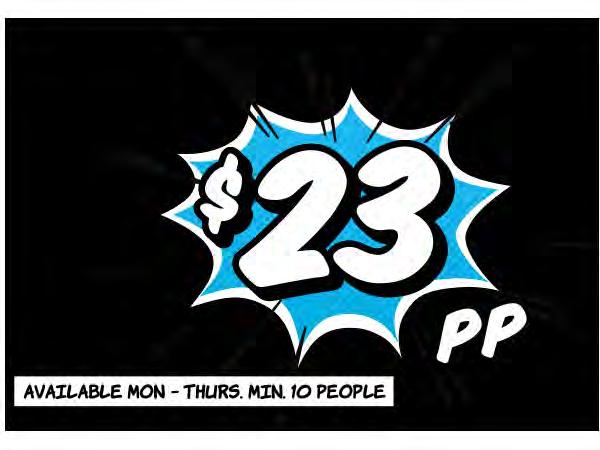

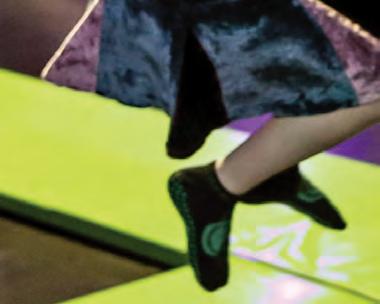
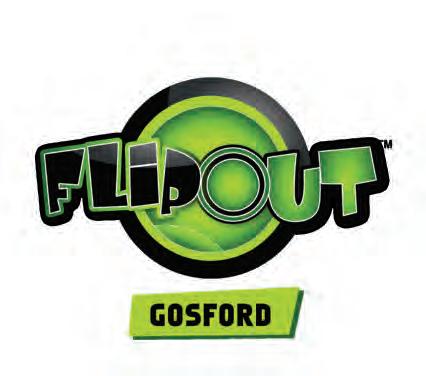
UNLIMITED JUMPING* 1 ADULT +1 CHILD EXTRA CHILD $10 $15 * Subject to availability
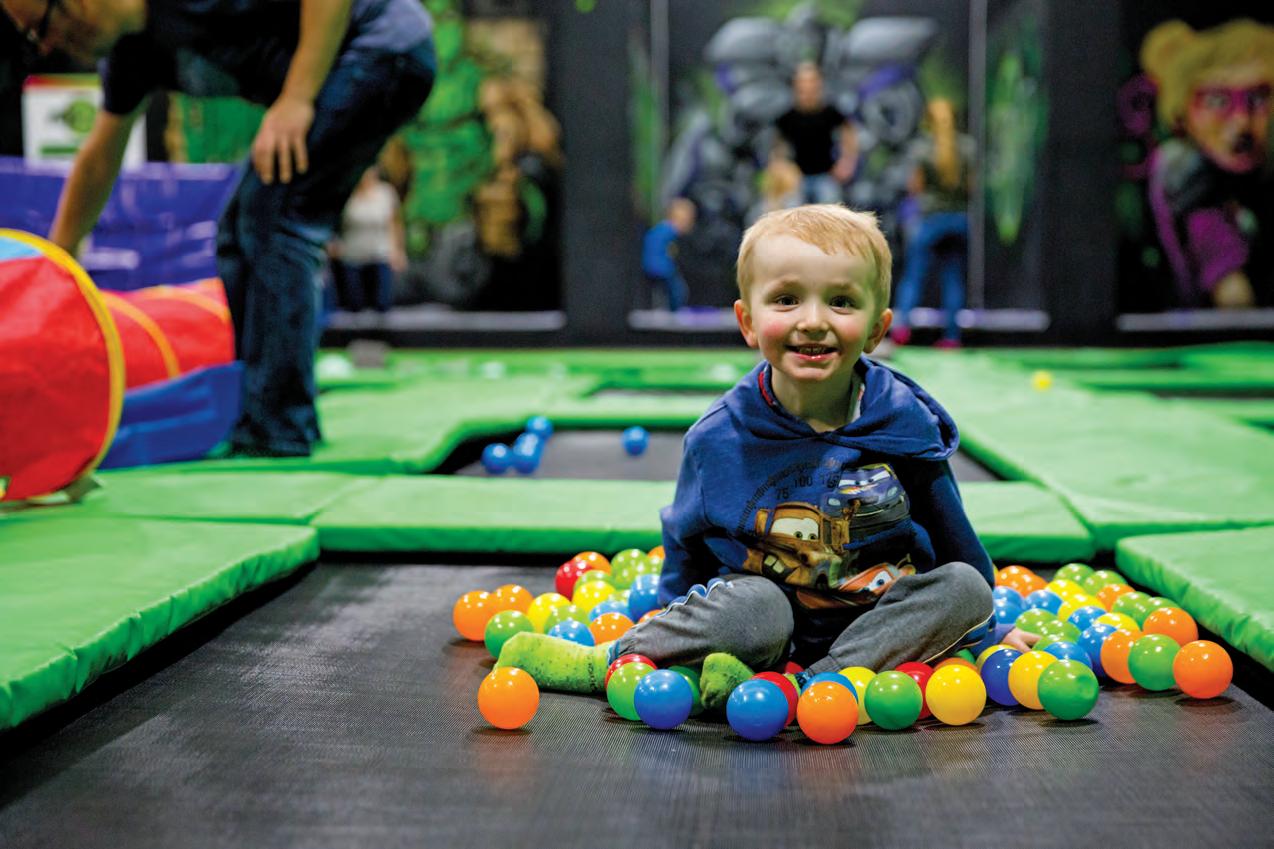
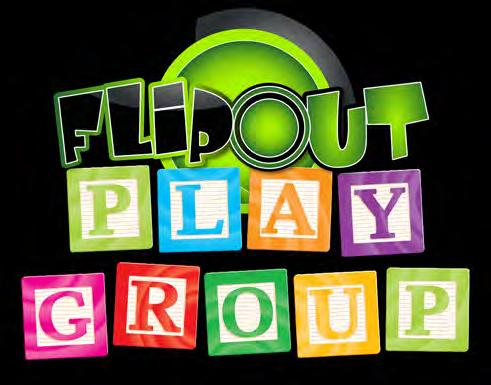
Teddy Bear Picnic Sunday 4th August 2019 10.00am–3.00pm at The Entertainment Grounds, Gosford 4 RACECOURSE RD, WEST GOSFORD
In collaboration with community partners, Giggles and Smiles Nannying is hosting a Teddy Bear Picnic, Family Fun Day to raise awareness and money in fundraising for Superhero Week in support of Bear Cottage.
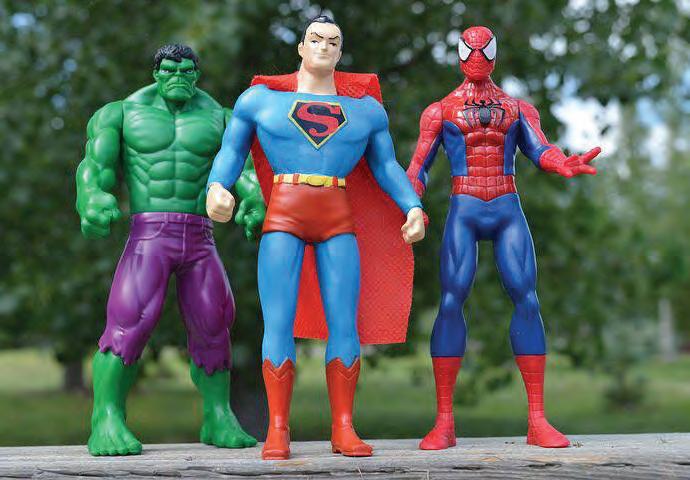
FREE FAMILY FUN DAY
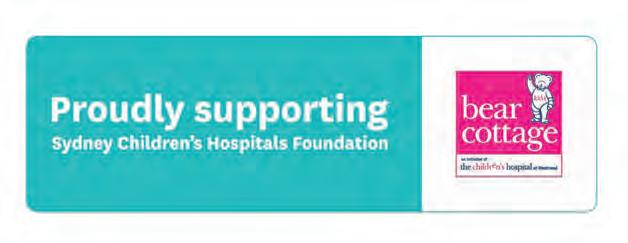
5 Top Tips for overcoming Cancer Fatigue… a tiredness like no other
As a Cancer Rehabilitation Specialist, Kate Perkins witnesses the numerous detrimental effects of cancer treatment, not the least of all being the extreme fatigue that comes with fighting this disease.
Occupational Therapist (OT) and Founder of Lymphatic Solutions, Kate says prolonged and significant fatigue is one of the most common side effects her patients experience throughout their cancer treatment and beyond. “Fatigue involves extreme tiredness resulting from mental or physical exertion or illness, and relates to emotional, physical and mental exhaustion, all of which are unfortunately common side effects of cancer-related treatment,” Kate explains. “Many of my patients tell me that during and after their cancer treatment they experience a fatigue like no other, and are constantly looking for ways to regain their energy. Common symptoms include: Difficulty getting out of bed; Little or no energy to complete normal da y-to-day activities; Struggle to find motivation to do anything and a much-reduced effort with personal appearance; D esire to sleep all the time; F eeling of weakness and constant tiredness; and Absolute e xhaustion for one or two days following normal chores or activities.” Providing patient education around fatigue management is a crucial element of cancer rehabilitation, and something that Kate is passionate about in her practice. She offers the following tips to help anyone experiencing cancer-related fatigue: 1. IDENTIFY : First of all, recognise and acknowledge your feelings of fatigue. This is a common side effect of cancer treatment which is experienced by almost all patients. There will be some days you will feel you have been hit by a bus! This is a completely normal and unfortunately common occurrence for anyone who is undergoing or has completed cancer treatment. 2. REST: but not too much! Establish a good night-time sleeping pattern. Don’t go to bed too late at night. Have two short naps (approx. 30mins each) scheduled into your day where possible. Too much sleep has the reverse effect and can actually decrease your energy levels. By having short rests before you become fatigued, you are banking up your energy stores. 3. STAY ACTIVE: Research has demonstrated that regular moderate exercise increases your energy levels, and eases symptoms of fatigue. But be sure to pace your exercise, don’t over-do it. Activity is meant to invigorate, not wear you out. Keeping an exercise diary to document periods of fatigue, as well as periods of higher energy, will help you to manage the fatigue. 4. PRIORITISE: Prioritise daily activities and be conscious of where you expend your energy. Decide which activities are important, and which ones can be delegated. Conserving your energy for activities that take priority is a necessary way to help manage cancer fatigue. 5. BE PATIENT: Be kind to yourself! Avoid over-extending yourself with exercise and activities. You might find at times you have absolutely no energy and need to spend a couple of days in bed if you ‘power’ through tasks without taking breaks. Take one day at a time, it may take a few weeks or months before experiencing changes or improvements.
If you are someone or someone you know is currently experiencing cancer-related fatigue, contact Kate Perkins at Lymphatic Solutions on 0425 554 994 or email info@lymphaticsolutions.com.au
Cancer Rehabilitation New spacious location dedicated to Cancer rehabilitation; individual & group prescribed exercise programs.

Kate Perkins, B.App.Sci (Occupational Therapy) helps people who have undergone surgery and related treatment for cancer gain recovery of strength, movement, and energy. » Lymphoedema monitoring pre/post cancer treatment » Assessment and management of Lymphoedema » Strength After Breast Cancer prescribed exercise program » Scar tissue management – surgical, adhesive scar tissue, cording » Lymph and Scar Taping techniques » Low Level Laser Therapy » Manual Lymph
Drainage massage » Compression garment prescription » Patient Education » EPC and Health Fund Claimable Call us on 02 4312 7033 to make an appointment
@lymphaticsolutionsau E: info@lymphaticsolutions.com.au https://lymphaticsolutions.com.au
Term 4 Enrolments open Mon 7 October Develop your child’s literacy and cognitive skills. Join our early learning Children’s Music Program.
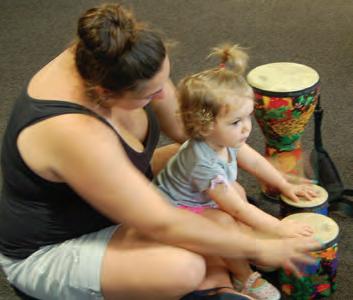
CALL TO BOOK A FREE TRIAL CLASS www.centralcoastconservatorium.com.au Phone 02 4324 7477







